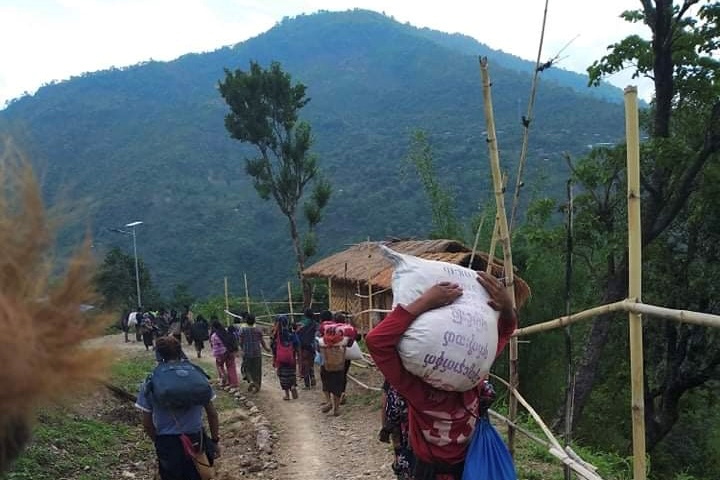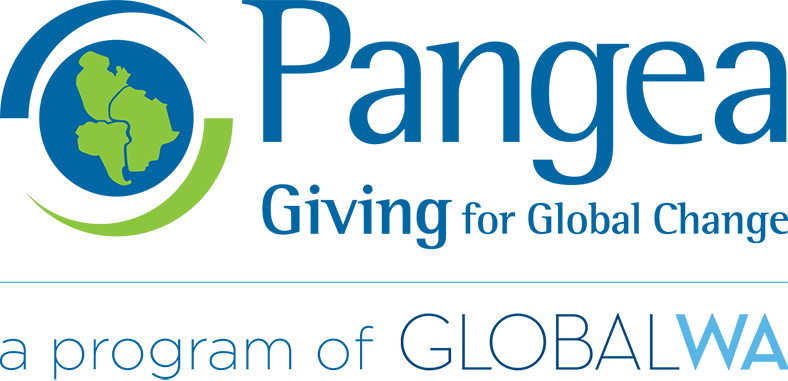Updates on Myanmar
The Southeast Asia Pod is monitoring the situation in Myanmar. We have been in contact directly with one of our Partners and with some US-based NGOs (Partners Asia, Shanta Foundation, and EarthRights International) that have connections to our Partners. Our two grantees in Myanmar are having different experiences as they try to carry out their work under the military junta.
The situation with our Partners
We recently held a Zoom meeting with one partner, who is doing village development work. They maintain a low profile in the communities they serve and believe that their development work is non-political and not a threat to the junta.
The junta-imposed restrictions on travel and group meetings present continuing challenges for staff and villagers. Villages are isolated, food prices have increased 50%, and people are dying at home from COVID-19 due to the junta’s blocking of hospital access and medical care. Despite this difficult situation, the villages supported by Pangea continue with their goals despite not being able to meet regularly with staff. They are using their community banks to help those villagers most in need. Women’s self-help groups continue to meet privately to discuss and learn about health and economic issues. Villagers are improving their income through pig-raising projects. Going forward, there is a plan to organize a community “rice bank” to help villagers meet their needs in times of food insecurity.
Our other partner in Myanmar faces a different scenario. Because of their human rights and advocacy work, they are not free to carry out their activities. We have received information that some of the staff are now hiding along the Thai border. We have not been in direct contact with this partner since the start of the military coup in February. The Southeast Pod has been collaborating with EarthRights International, a US-based NGO, that has had some limited communication with this partner and is awaiting an update from them.
Political context
Overall the level of violence in Myanmar has increased everywhere. Fighting between the Tatmadaw, (the official name of the military) and the armed resistance forces opposed to them has increased. Whole villages are being bombed and burned by the Tatmadaw. Civilians, including children, are being killed indiscriminately.

The banking system in Myanmar has collapsed resulting in increased poverty and food shortages. Medical facilities and medical personnel that serve the non-military population are being targeted and destroyed. The number of internally displaced persons (IDPs) is increasing. According to the United Nations High Commissioner for Refugees (UNHCR) by October 18, 2021, about 589,000 people have been internally displaced by the violence, and 219,000 of them have been displaced since February 2021.
The National Unity Government (NUG), made up mostly of the non-military candidates elected in the Fall 2020 elections is the government in exile and is the preferred government by the people of Myanmar. News reports indicate that the majority of people in Myanmar are more united against the junta than ever and are not going to end their resistance.
As for the pandemic, the junta is using COVID-19 as a weapon against the people. COVID vaccines and hospital care for those who do not support the military are non-existent. Medical and healthcare workers are targeted by the junta.
